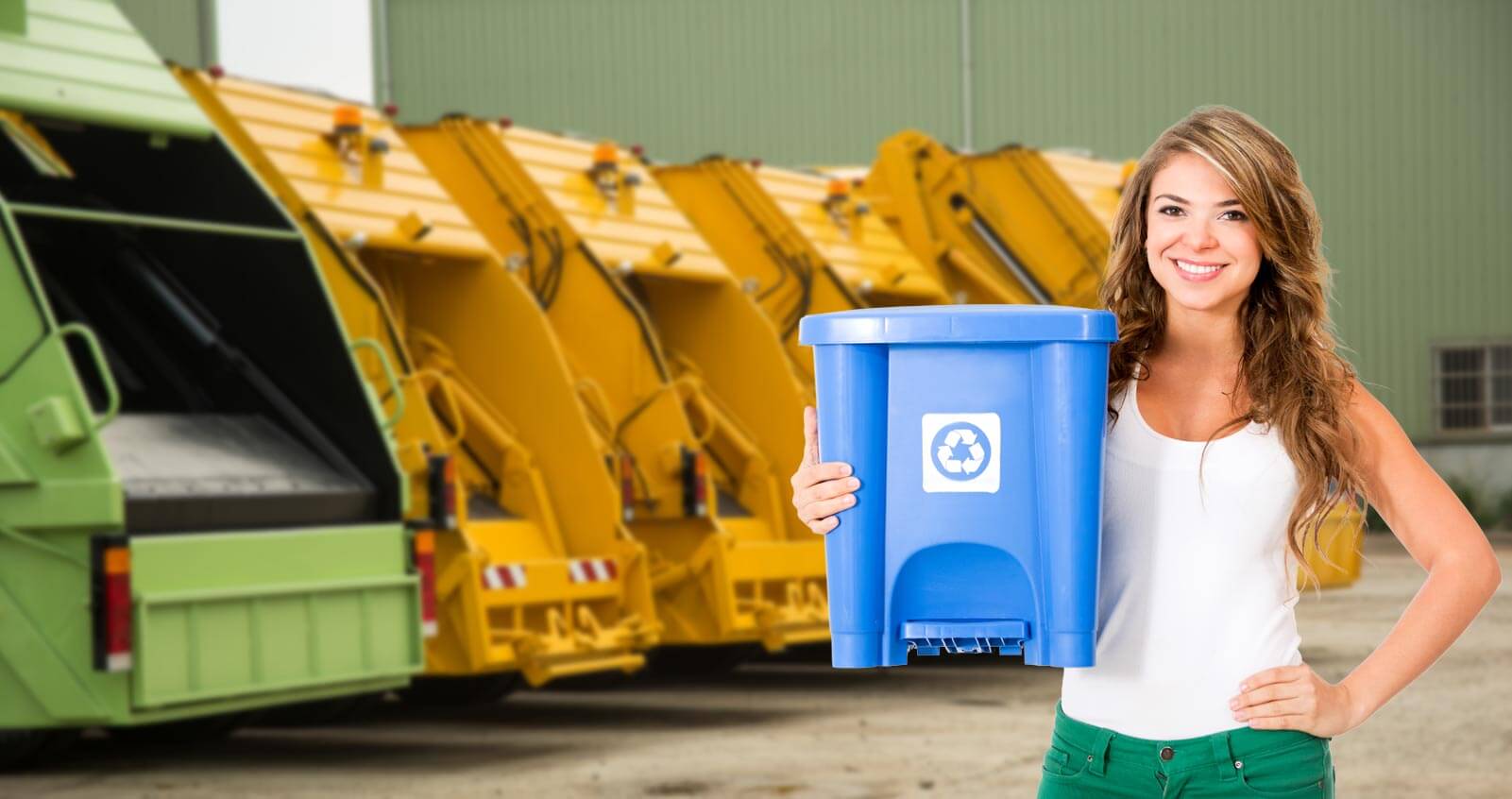The Path to Zero Waste Festivals: A Look at Our Progress
Posted on 03/02/2025
Over the years, festivals have become a popular form of entertainment for people all over the world. From music and art to food and culture, festivals offer a diverse range of experiences that appeal to different interests. However, with the growing popularity of these events comes an increase in waste generation, causing harm to the environment. To combat this issue, the concept of zero waste festivals has emerged, aiming to reduce waste and promote sustainable practices in event planning. In this article, we will take a look at how far we have come on this path towards zero waste festivals.
Understanding Zero Waste Festivals
Zero waste festivals are events that strive to minimize their environmental impact by reducing the amount of waste generated. This includes not only physical waste such as plastic and packaging but also emissions from transportation and energy use. The goal is to divert at least 90% of waste from landfills through recycling, composting, and other sustainable practices.
The concept originated from the overall zero-waste movement, which aims to eliminate or significantly reduce the amount of waste sent to landfills or incinerators. The movement emphasizes the shift towards a circular economy where resources are reused or recycled instead of being disposed of. In terms of festivals, this means finding creative solutions for waste management and promoting a responsible attitude towards consumption.

Progress Towards Zero Waste Festivals
In recent years, there has been a significant push towards zero waste festivals around the world. Many organizers have started implementing sustainable practices such as using compostable cups and utensils, providing water refill stations, and encouraging attendees to bring their own reusable containers. These efforts have resulted in significant progress towards reducing waste.
One example is the Glastonbury Festival in the UK, known for its commitment to sustainable practices. In 2019, it diverted 99.3% of its waste from landfills through recycling and composting. This was achieved through a combination of initiatives, including using compostable food packaging, promoting recycling and composting on-site, and implementing a deposit return system for reusable cups.
Similarly, the Bonnaroo Music and Arts Festival in the US has made significant progress towards zero waste. In 2019, it diverted 64% of its waste from landfills through recycling, composting, and upcycling. The festival also encourages attendees to participate in waste reduction efforts by providing incentives such as free merchandise or tickets for those who help with clean-up.
Pros and Cons of Zero Waste Festivals
The benefits of zero waste festivals go beyond just reducing waste. These events also promote education and awareness about environmental issues and encourage attendees to adopt more sustainable practices in their daily lives. They also have a positive impact on local communities by creating job opportunities, supporting local businesses, and promoting eco-friendly tourism.
However, implementing sustainable practices in festivals can come with its own set of challenges. It requires significant planning and coordination between organizers, vendors, and attendees. There is also a higher cost involved in using eco-friendly alternatives compared to traditional single-use items. Additionally, some attendees may not be accustomed to these practices and may feel inconvenienced by them.
Tips for Organizing Zero Waste Festivals
Organizing a zero-waste festival may seem like a daunting task, but there are several steps that organizers can take to make it successful:
1. Develop a comprehensive waste management plan that includes recycling, composting, and upcycling.
2. Partner with suppliers and vendors who offer eco-friendly products and services.
3. Encourage attendees to bring their own reusable containers for food and drinks.
4. Provide clearly labeled waste bins for different types of waste.
5. Educate attendees about sustainable practices through signage, announcements, and workshops.
6. Implement a deposit return system for reusable items to encourage attendees to properly dispose of them.
7. Partner with local organizations or charities to donate leftover food and materials.

Takeaways
The progress towards zero waste festivals is a positive step towards creating a more sustainable event industry. By implementing sustainable practices, festivals can significantly reduce their environmental impact and inspire attendees to adopt more sustainable habits. However, it is essential to strike a balance between sustainability and convenience for attendees to ensure the success of these events.
Conclusion
While there is still much room for improvement, the progress towards zero waste festivals is promising. With continued efforts from organizers, vendors, and attendees, we can move towards a future where festivals not only provide enjoyable experiences but also promote responsible consumption and waste reduction. Let us all do our part in making our festivals more sustainable for the betterment of our planet.




